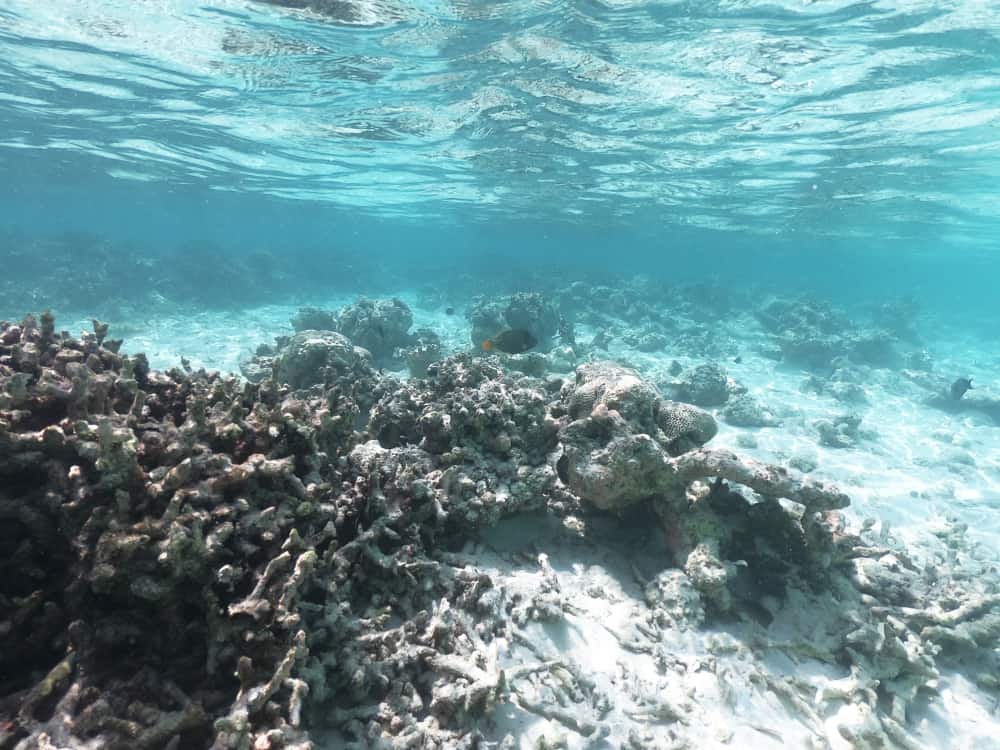The “primitive” ocean water is trapped in the bubbles

Scientists have found small pockets of seawater trapped in iron pyrite rocks 390 million years ago in upstate New York, USA. While these aren’t the oldest water samples ever recorded, researchers believe they may be the smallest remnants of ancient seas ever studied.
This discovery, made by chance while investigating the toxic leaching of arsenic from rocks, could significantly deepen our understanding of how oceans evolve and adapt to changing climate conditions.
Through a combination of techniques, it was possible to confirm that the water trapped in the rocks was indeed salt water and matched the chemical profile of the area’s ancient sea, from the Middle to Middle Devonian period, almost 400 million years ago. According to analyses, this sea would have extended from present-day Michigan to Ontario, Canada.
It is not uncommon for minerals to harbor trapped liquids, however it is rarely possible to perform a nanoscale examination as was done in this case. The researchers plan to continue studying mineral deposits, such as pyrites, to try to understand how the ocean has coped with rising temperatures.

Rocks can act as a reserve of hydrogen
Furthermore, the scientists intend to use new models and techniques to better understand how hydrogen interacts with rocks. Safely storing and recovering large quantities of hydrogen from underground tanks is a strategy that is being explored, as there is great potential for these sites as a source of this strong candidate for an alternative low-carbon fuel.
Now, researchers must improve their techniques and look for more traces in the rocks of the region that can give more clues about the paths to follow, both in favor of original research and with archaeological objectives.
The post “Primitive” ocean water is trapped in bubbles first appeared on Olhar Digital.
Source: Olhar Digital
Leave a Reply